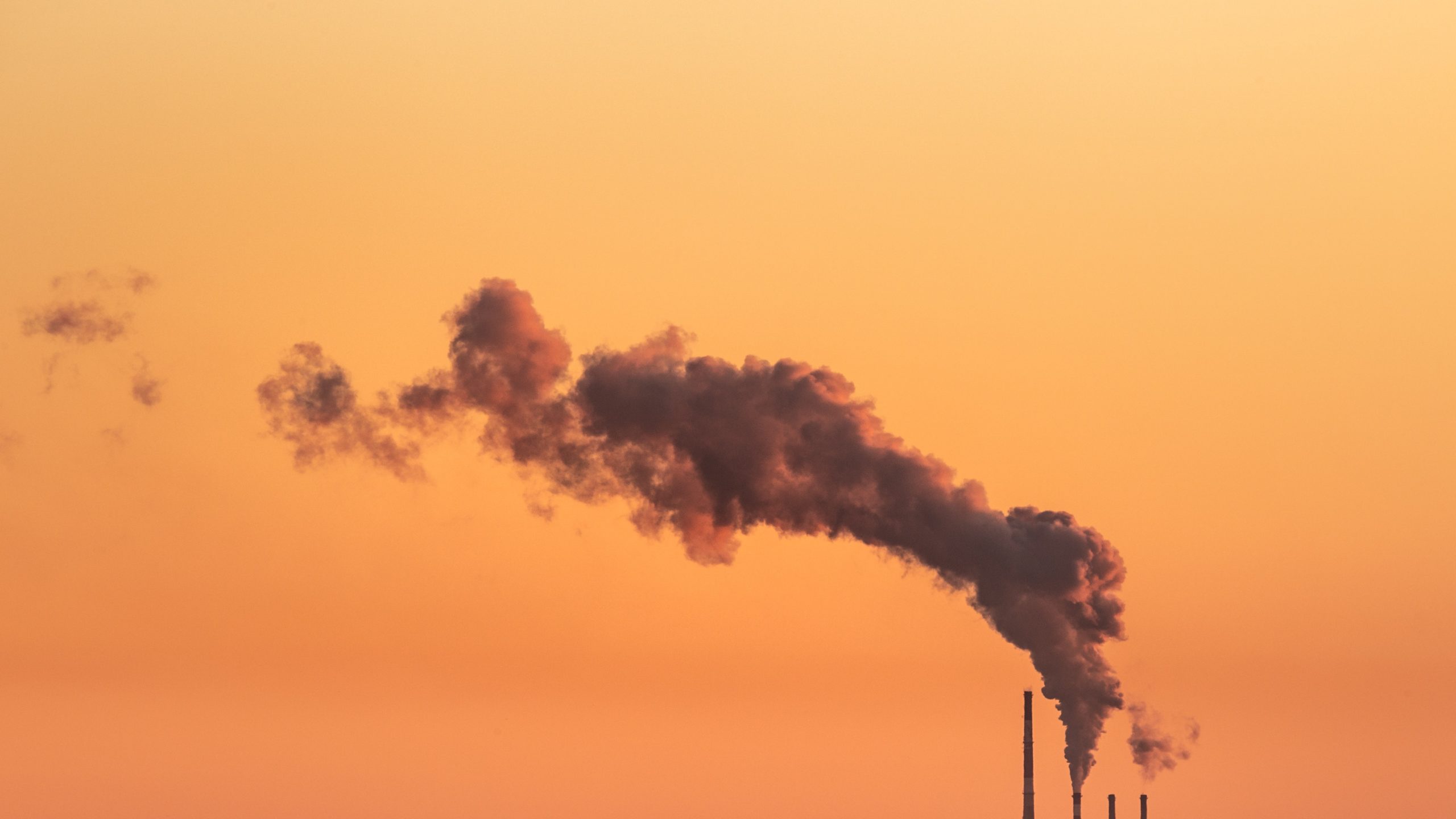The EU’s introduction of its planned carbon border adjustment mechanism risks derailing the expansion of installed power capacity across the developing world, Anglo American CEO of Global Bulk Commodities Themba Mkhwanazi told the Investing in African Mining Indaba in Cape Town Feb 8.
Members of the European Parliament reached a provisional agreement with the European Council in December on a law to establish the new carbon fee.
Under the rule, companies importing select products “including iron, steel, and some items made of the two metals” will be required to buy certificates that represent the difference between the carbon price paid in the country of production and the carbon price in countries participating in the EU emissions trading system.
Once finalized, the policy will go into effect in October, beginning with a transition period.
According to Mkhwanazi, the implementation of CBAM in its existing form would slow the roll-out of installed power capacity throughout the African continent as metal and mining companies halted or delayed investments in projects and adjacent infrastructure in light of the new tariffs associated with importing emissions-intensive products to the EU.
“There must be an acceptance that there is an energy transition pathway that does not got directly from fossil fuel to green energy,” he said, adding that the decarbonization of Anglo’s steel operations would be less direct and would involve the use of abatement technologies.
Despite its progress in decarbonizing its steel operations, Mkhwanazi noted that Anglo’s African operations would continue to rely on the traditional blast furnace with the company using hydrogen produced from natural gas and carbon sequestration to minimize its carbon emissions footprint and achieve emission reduction objectives.
Although adding hydrogen into blast furnaces can reduce carbon emissions, that does not offer carbon-neutral steel production because regular coking coal is still a necessary reductant agent in the blast furnace.
In its current form, CBAM does not make allowances for products produced outside the EU using emissions abatement methods, such as carbon sequestration or the use of hydrogen in steelmaking.
“The EU regulations put at risk our installed capacity in South Africa and the developing world which is very much based on fossil fuels,” he said.
Net-zero emissions by 2040
According to Mkhwanazi, Anglo is continuing to decarbonize its African steel value chains with the company targeting a 30% reduction in group carbon emissions by 2030 and net-zero emissions across all operations by 2040.
Last July, Anglo said it was partnering with EDF Renewables to develop 3-5GW of clean generation capacity in South Africa, to meet the companies operational power requirements and support the local electricity supply systems.
The mining of Africa’s mineral resources must be achieved in a responsible way in harmony with the needs of society and the natural environment, Mkhwanazi said.
“We must do this in a way that create enduring value and a decent lift for all.”
— Euan Sadden






